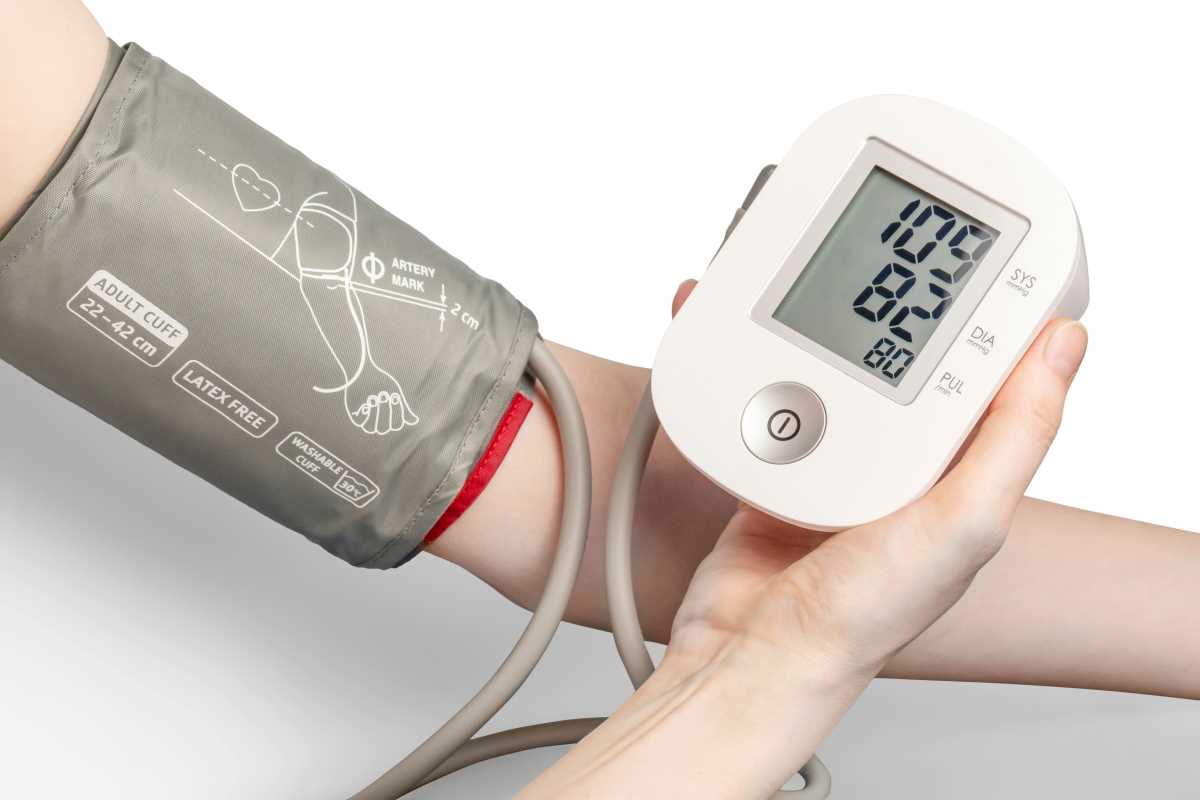Managing a chronic condition often involves a long-term plan of medication and specialist visits. However, a powerful and increasingly recognized tool is shifting the landscape of care: nutrition. Beyond basic dietary advice, emerging nutritional therapies are offering targeted, evidence-based ways to manage symptoms, reduce risk factors, and improve overall quality of life for millions.
These advanced approaches move past a one-size-fits-all model. Instead, they leverage scientific insights into how specific foods, eating patterns, and nutrients interact with our unique biology.
Why Nutrition Is Central to Chronic Disease Care
Food is information for your body. Every meal can either fuel inflammation and metabolic dysfunction or provide the building blocks for healing and resilience. Three key areas highlight why nutrition is so critical.
Taming Inflammation
Chronic, low-grade inflammation is a common thread in conditions like heart disease, arthritis, and diabetes. Diets high in processed foods, sugar, and unhealthy fats can promote inflammation, while diets rich in whole foods like fruits, vegetables, and fatty fish can help reduce it.
Supporting Metabolic Health
Metabolism isn't just about weight; it's how your body processes energy. Conditions like type 2 diabetes and non-alcoholic fatty liver disease are rooted in metabolic dysfunction. Nutritional therapies can directly influence blood sugar control, insulin sensitivity, and fat metabolism, addressing the core of these issues.
Nurturing the Gut Microbiome
The trillions of microbes in your gut play a huge role in everything from immunity to mood. An imbalanced microbiome is linked to conditions like inflammatory bowel disease (IBD) and even some autoimmune disorders. What you eat directly feeds these microbes, making diet a primary tool for shaping a healthy gut environment.
Key Emerging Nutritional Approaches
Science is uncovering powerful ways to use diet for therapeutic purposes. These approaches are more specific and targeted than general healthy eating advice.
Precision Nutrition for Chronic Disease
This is the future of dietary guidance. Precision nutrition tailors recommendations based on an individual's unique characteristics, such as:
- Genetics: Understanding your genetic predispositions can help guide food choices.
- Microbiome Profiling: Analyzing your gut bacteria can reveal which foods might be most beneficial or problematic for you.
- Metabolomics: This involves measuring metabolites to get a real-time snapshot of your metabolic health.
Therapeutic Dietary Patterns
Several well-researched eating patterns have shown significant benefits for specific conditions.
- Mediterranean and DASH Diets: Rich in fruits, vegetables, whole grains, and healthy fats, these patterns are proven to reduce cardiovascular risk and lower blood pressure.
- Low-Carb and Ketogenic Diets: By significantly restricting carbohydrates, these diets can be a powerful tool for improving blood sugar control and promoting weight loss in individuals with metabolic syndrome or type 2 diabetes. However, they require careful planning and are not suitable for everyone, including pregnant women or those with certain kidney conditions.
- Plant-Forward Diets: Emphasizing whole, plant-based foods is strongly linked to lower rates of heart disease, type 2 diabetes, and some cancers.
- Low-FODMAP Diet for IBS: This is an elimination diet that temporarily removes certain fermentable carbs (FODMAPs) to identify trigger foods for people with Irritable Bowel Syndrome (IBS). It should always be done under the guidance of a registered dietitian.
- Medical Nutrition Therapy (MNT): This is a specific, evidence-based approach used by dietitians to manage conditions like diabetes and chronic kidney disease (CKD). For example, MNT for diabetes focuses on carbohydrate consistency, while MNT for CKD may involve carefully managing protein, potassium, and phosphorus intake.
Adjuncts and Tools Enhancing Nutritional Therapy
Beyond diet patterns, new tools and concepts are providing deeper insights and more options for management.
Continuous Glucose Monitors (CGMs) for Non-Diabetics
Once exclusively for people with diabetes, CGMs are now being used by others to understand how foods, stress, and sleep affect their blood sugar. This biofeedback can be highly motivating for making lifestyle changes, but it's important to interpret the data with a professional and be mindful of data privacy.
Evidence-Based Nutraceuticals
Nutraceuticals are food-derived compounds that provide health benefits. The supplement industry is full of hype, but some have strong evidence for specific uses.
- Omega-3 Fatty Acids: Known for their anti-inflammatory properties, they are often used to support cardiovascular and joint health.
- Vitamin D: Correcting a deficiency can be important for bone health and immune function.
- Probiotics: Specific strains have been shown to help with conditions like antibiotic-associated diarrhea or IBS. Not all probiotics are the same, and the strain matters.
Meal Timing and Time-Restricted Eating
When you eat can be as important as what you eat. Time-restricted eating (TRE), which involves consuming all your meals within a specific window (e.g., 8-10 hours), has shown promise for improving insulin sensitivity and other metabolic markers.
How to Safely Explore and Evaluate Claims
With so much information available, it’s easy to feel overwhelmed. Use these steps to navigate your options safely.
- Talk to Your Doctor: Before starting any new nutritional therapy, discuss it with your physician. They can ensure it’s safe for you and doesn't conflict with your current treatments or medications.
- Seek a Qualified Professional: A Registered Dietitian Nutritionist (RDN) is the most qualified professional to provide medical nutrition therapy. They can create a personalized, safe, and effective plan. A health coach can provide support for implementing the plan.
- Be Wary of Bold Claims: Watch out for promises of a quick fix or a "cure." True therapeutic nutrition is a process, not a magic bullet. Look for evidence from well-conducted human studies, rather than only personal testimonials.
Getting Started: A Step-by-Step Approach
- Get a Baseline: Work with your doctor to get baseline lab work (e.g., blood sugar, cholesterol, inflammatory markers) to track your progress.
- Focus on Foundations: Before trying an advanced therapy, master the basics: prioritize whole foods, increase fiber, drink enough water, and reduce processed foods and sugar.
- Choose One Area to Target: Don't try to change everything at once. Pick one goal, such as adding more vegetables to every meal or trying a structured eating window.
- Track Your Symptoms: Keep a simple journal to note how you feel, your energy levels, and any changes in your condition’s symptoms. This provides valuable feedback.
Disclaimer: The content provided on SuperHealthyTips is for informational and educational purposes only. This information is not intended to be a substitute for professional medical advice, diagnosis, or treatment.
 (Image via
(Image via





